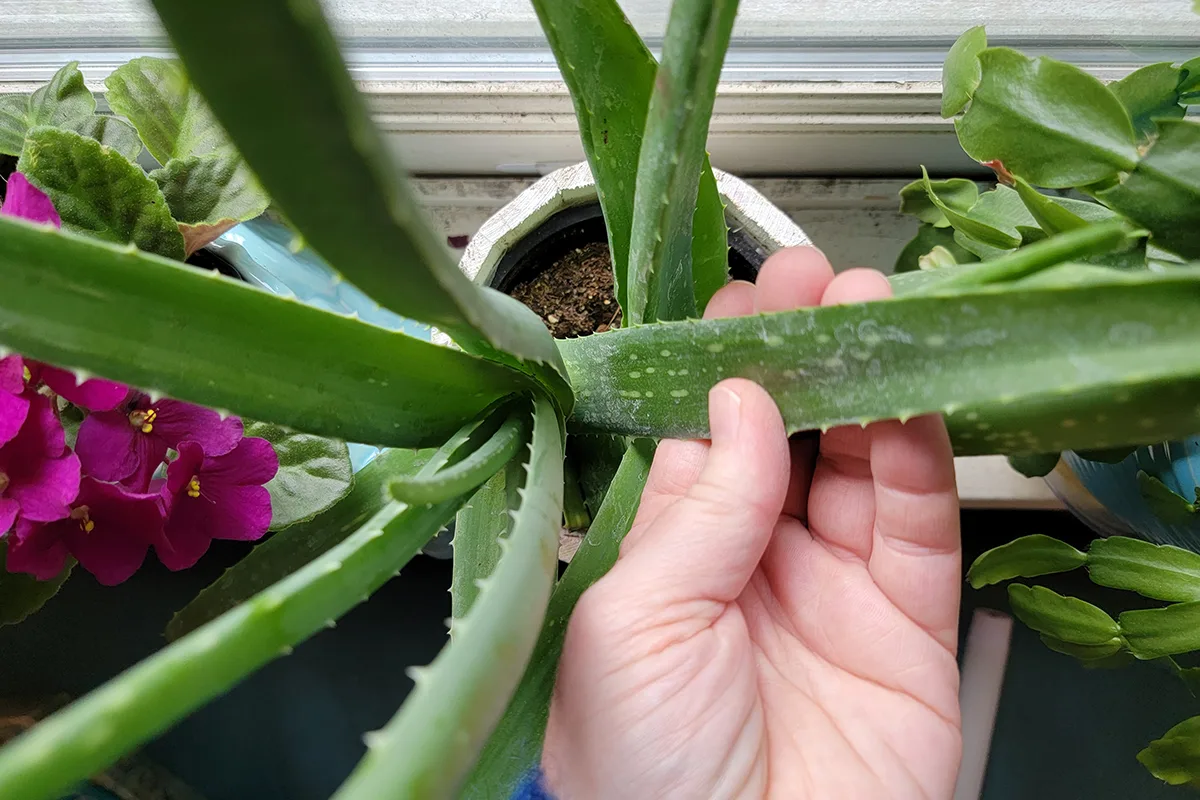Aloe vera is a fantastic plant with a rich history and a host of benefits. Here’s a comprehensive look at this versatile plant, covering everything from its historical significance to its care and uses:
1. Aloe Vera’s Historical Significance
Aloe vera has been cherished for thousands of years for its medicinal and beauty benefits. Known as the “plant of immortality” in ancient Egypt, it was highly valued and even buried with Pharaohs. Cleopatra reportedly used aloe in her skincare regimen, and the plant was also documented in ancient Greek, Roman, Chinese, and Indian texts for its healing properties.
2. Versatile Healing Properties
Aloe vera is famed for its numerous health benefits, especially related to skin care:
- Sunburn Relief: Aloe vera gel soothes sunburned skin, providing a cooling effect and reducing redness.
- Wound Healing: It accelerates the healing of minor cuts and burns by stimulating cell growth and repair.
- Moisturizer: The gel acts as a natural moisturizer for both face and body, offering hydration without a greasy feel.
- Anti-inflammatory: Aloe vera can reduce inflammation and is effective for treating conditions like acne, eczema, and other skin irritations.
3. Easy Care and Low Maintenance
Aloe vera is perfect for those who prefer low-maintenance plants:
- Light Requirements: It thrives in bright, indirect sunlight. While it can handle direct sunlight, too much exposure can cause leaf browning.
- Watering: Water deeply but infrequently. Let the soil dry out completely between waterings to prevent root rot.
- Temperature: Aloe vera prefers temperatures between 55-80°F (13-27°C). It can tolerate higher temperatures but should be protected from frost.
- Soil: Use a well-draining cactus or succulent mix to prevent water retention.
4. Propagation is Simple
Aloe vera’s propagation is straightforward and rewarding:
- Removing Pups: When offsets or “pups” are a few inches tall and have their own roots, gently separate them from the mother plant.
- Planting: Allow the pups to dry out for a day or two to form a callus. Then plant them in well-draining soil.
- Care: Water sparingly until the new plants establish themselves, then follow the regular care routine.
5. Aloe as an Air Purifier
Beyond its skin benefits, aloe vera also purifies indoor air by removing toxins such as formaldehyde and benzene. This makes it a great addition to any home for improving air quality.
6. Flowering Aloe
While not all aloe plants will flower, mature plants may produce beautiful tubular flowers:
- Encouraging Blooms: Provide ample bright light and space for the plant to grow.
- Winter Dormancy: To encourage blooms, some aloe plants benefit from a cooler, dormant period in winter. Reduce watering and keep them in a cooler environment during this time.
7. Aloe in Culinary Uses
Aloe vera is also used in culinary applications, though caution is needed:
- Preparation: Only the clear gel inside the leaf is edible. The yellow sap (latex) can be a potent laxative and should be avoided.
- Recipes: Aloe gel can be blended into smoothies, juices, or salads. Ensure you are using aloe varieties safe for consumption.
8. Pest and Disease Management
While aloe plants are generally resilient, they can occasionally face issues:
- Aphids and Mealybugs: Remove these pests with a gentle wash of soapy water or treat with insecticidal soap.
- Root Rot: Often caused by overwatering. Ensure your plant has proper drainage and let the soil dry out between waterings.
- Leaf Spot: Fungal infections can cause spots on the leaves. Remove affected leaves and improve air circulation.
Conclusion
Aloe vera is a highly beneficial plant that thrives with minimal care. Whether you’re leveraging its healing properties, enjoying its beauty, or improving indoor air quality, aloe vera is a versatile addition to your home. By understanding its needs and characteristics, you can keep your aloe plant healthy and flourishing for years to come.

